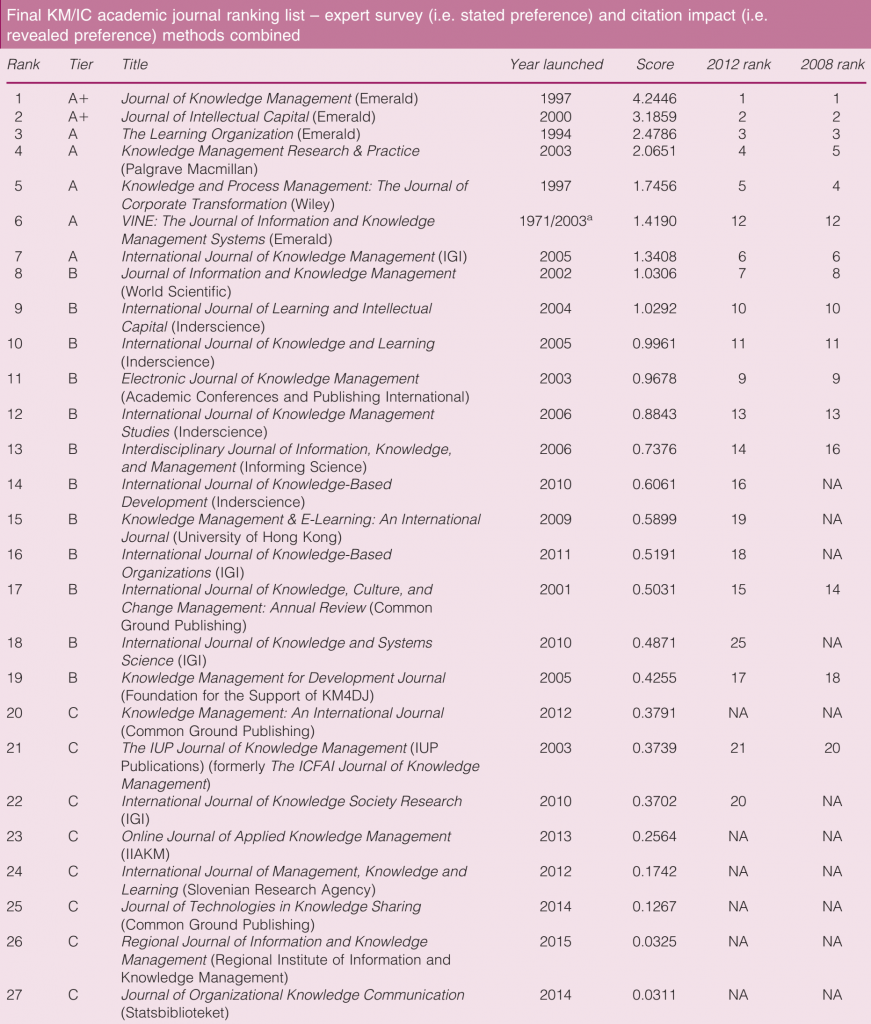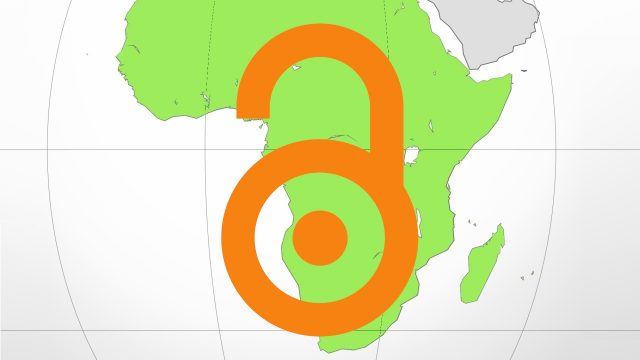
Open Access Week is a call to action for the KM community
International Open Access Week, which is happening this week, promotes the benefits of open access to scholarly publishing, as opposed to locking research findings away behind journal paywalls. Open Access Week is an initiative of SPARC (the Scholarly Publishing and Academic Resources Coalition).
In announcing the Open Access Week 2018 theme, Nick Shockey, Director of Programs & Engagement for SPARC, advised that “Setting the default to open is an essential step toward making our system for producing and distributing knowledge more inclusive.”
This is a call to action for the knowledge management (KM) community because this essential step is yet to be completed for KM research. Indeed, I’ve previously alerted to the apparent hypocrisy that currently exists in KM research, where so many KM research findings are locked away behind journal paywalls, while at the same time knowledge sharing is promoted as a fundamental of KM.
In writing RealKM Magazine articles, I’m forever frustrated by journal paywalls that prevent access to KM research findings that are potentially of great importance in KM practice. Many researchers also can’t reference and build on this paywalled research because an increasing number of universities are unable to afford the spiraling costs of paywalled journals. These problems and the comparative benefits of open access are thoroughly explored in the new documentary movie Paywall: The Business of Scholarship.
An example of a potentially very important paywalled KM research resource is the comprehensive collection of academic papers titled The Palgrave Handbook of Knowledge Management1. This Handbook was recently published by Palgrave Macmillan, a subsidiary of academic publishing giant Springer Nature.
The online introduction to the Handbook describes it as a “fantastic new reference work” that “provides a comprehensive overview of key topics, debates and issues within the now well-established field of Knowledge Management.” The list of papers in the table of contents appears to support these claims. However, many people in the KM community will never benefit from the significant knowledge the Handbook very likely contains because it’s locked away behind an expensive paywall. As a magazine, we can access a free online review copy ourselves, but we’re not permitted to bring you the papers.
The disturbing extent to which KM research is paywalled can be seen by looking at the Serenko & Bontis paper “Global ranking of knowledge management and intellectual capital academic journals: 2017 update” 2. This paper is itself paywalled, but has fortunately been made freely available on the website of one of the authors.
Table IV in the paper (reproduced as Figure 1) shows the final ranking list of knowledge management and intellectual capital (KM/IC) academic journals, obtained by bringing together the results of expert survey and citation impact analysis methods. However, the ranking list doesn’t identify which of the journals are open access. While Serenko & Bontis acknowledge the emerging open access movement in their paper, they apparently didn’t consider the issue important enough to KM to include it in their analysis. They relegate it to future research, stating that “it would be interesting to explore the presence of open-access effect in KM/IC journal ranking.”

From my own assessment of the ranking list, only eight of the 27 journals listed are open access, and none of these are in the top ten. While some of the other journals in the list do accept open access contributions, a look at the recent issues of these journals shows that very few authors have taken up this option.
The eight open access journals in the ranking list are:
The way in which the paywalled journals in the list outrank and outweigh the open access journals shows that, very disappointingly, there’s a long way to go before the default is set to open in KM research.
This means that much more must be done to accelerate the transition to open access research in KM. Some suggested actions are:
- If you’re a KM researcher, you need to look at how you can publish your research as open by default. This means focusing much less on journal impact factor, and much more on the knowledge sharing that KM is supposed to have as a key emphasis.
- If you’re on the editorial board of a paywalled KM journal, consider a radical switch to an open access model. The precedent for this has already been set by the editorial board and editors of Lingua.
- If you’re involved in a management role in a research institution, you have a responsibility to support and encourage your KM researchers to publish more widely in open access journals. If you’re assessing the performance of your KM researchers based on the extent to which they publish in high ranking paywalled journals, then you’re doing a great disservice to the KM community.
- If you’re a body that funds KM research, then you need to have a grant contract clause that requires any papers produced from the research to be published open access.
References
- Syed, J., Murray, P. A., Hislop, D., & Mouzughi, Y. (Eds.). (2018). The Palgrave Handbook of Knowledge Management. Palgrave Macmillan. ↩
- Serenko, A., & Bontis, N. (2017). Global ranking of knowledge management and intellectual capital academic journals: 2017 update. Journal of Knowledge Management, 21(3), 675-692. ↩



